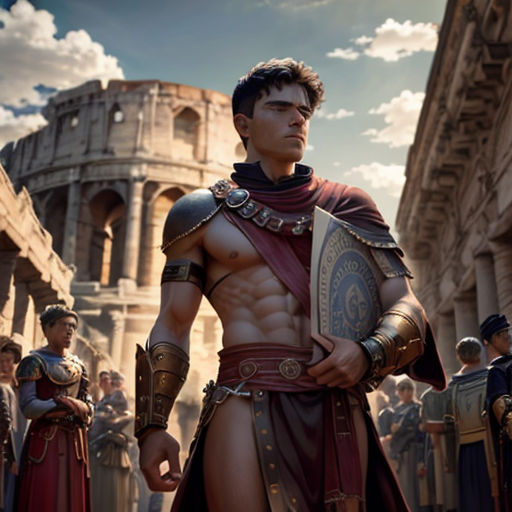
Echoes of Rome
By ANANDH

22 Jan, 2024
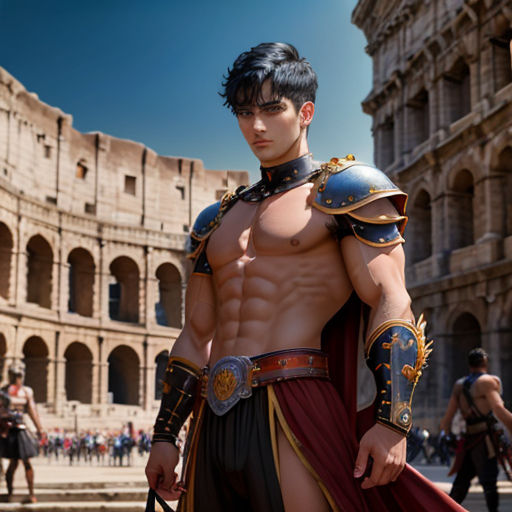
Lucius, a young gladiator, stood in the heart of Rome, his eyes scanning the vast expanse of the city. He could see the grandeur of the Colosseum, a symbol of Roman majesty and might.

He happened upon an ancient scroll hidden beneath the rubble of a fallen monument. As he unfurled it, he noticed a prophecy inscribed in ancient Latin, a prophecy that spoke of Rome's destiny.
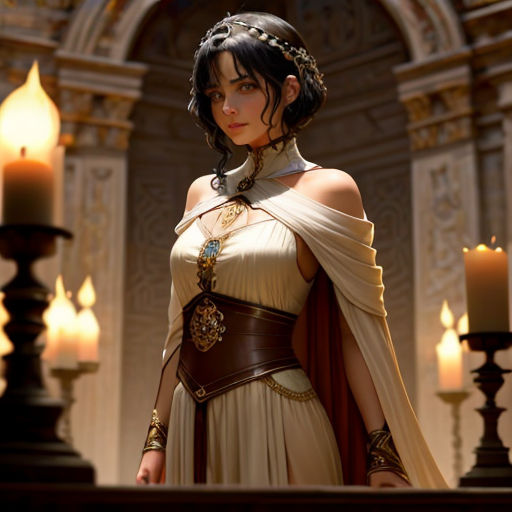
As Lucius delved deeper into the prophecy, he crossed paths with Aurelia, a noblewoman known for her intelligence and beauty but hiding a secret that could change everything.
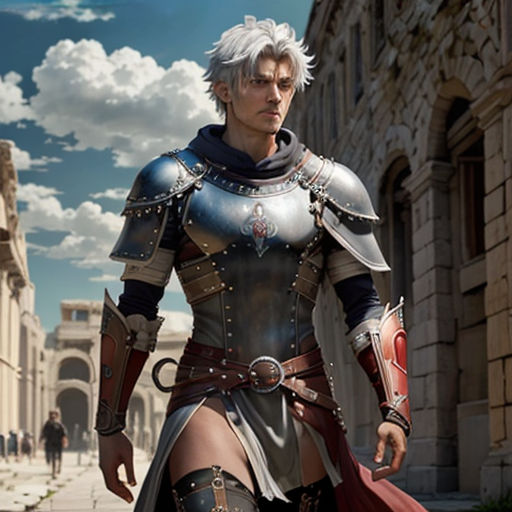
Meanwhile, Gaius, a stoic centurion, wrestled with his duty towards Rome and the moral implications of his actions. His path would soon cross with Lucius and Aurelia.
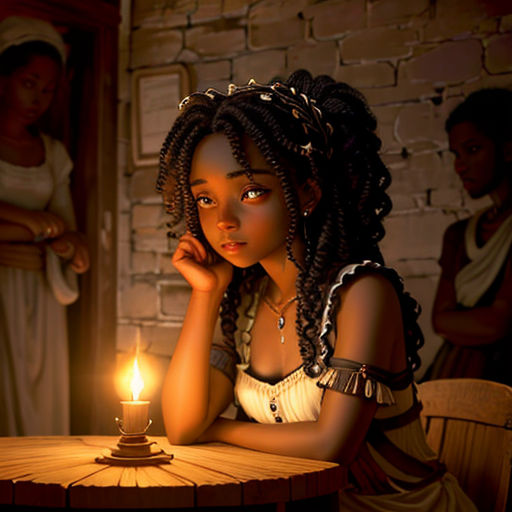
In the slave quarters, Cleo, a young woman with a fiery spirit, yearned for freedom. She found solace in the stories of ancient Rome, hoping one day she too would be part of its history.
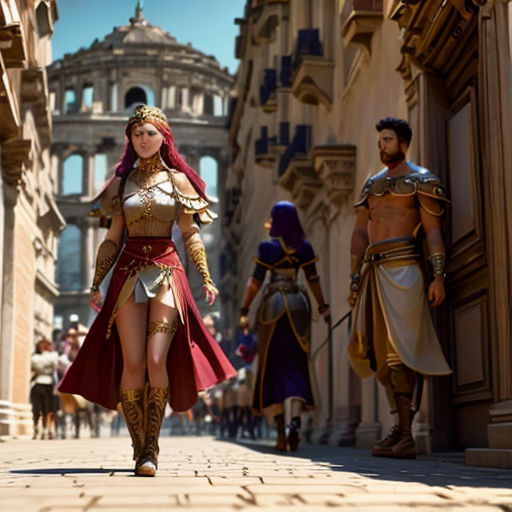
As the narrative unfolded, the lives of these individuals intertwined. The grandeur of Rome served as a backdrop to their personal struggles and the unfolding prophecy.
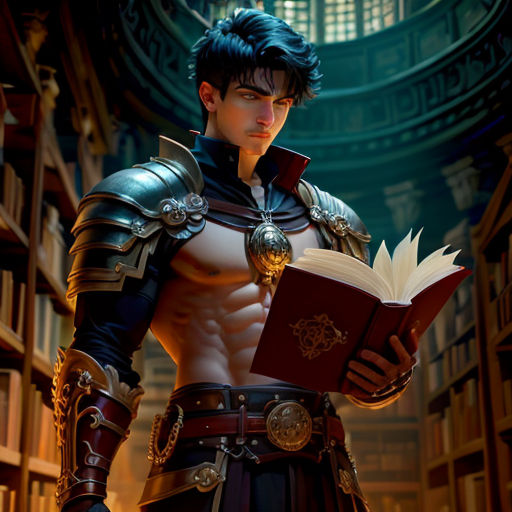
Lucius, driven by his discovery, sought answers in the ancient writings, his ambition pushing him to understand Rome's destiny and his part in it.
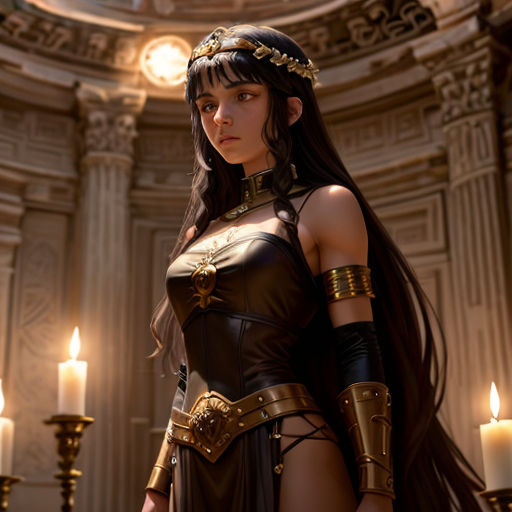
Aurelia, torn between her loyalty to her noble lineage and her growing affection for Lucius, found herself at the center of the prophecy, her secret holding the key to its understanding.
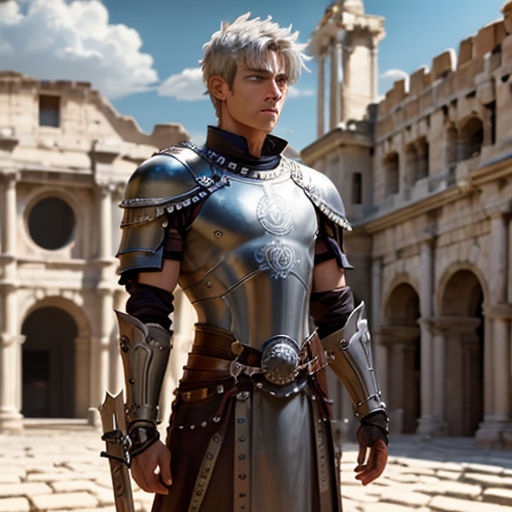
Gaius, battling his inner demons, was drawn into the unfolding drama. His duty and morality were tested as he found himself caught between the prophecy and the reality of Rome.
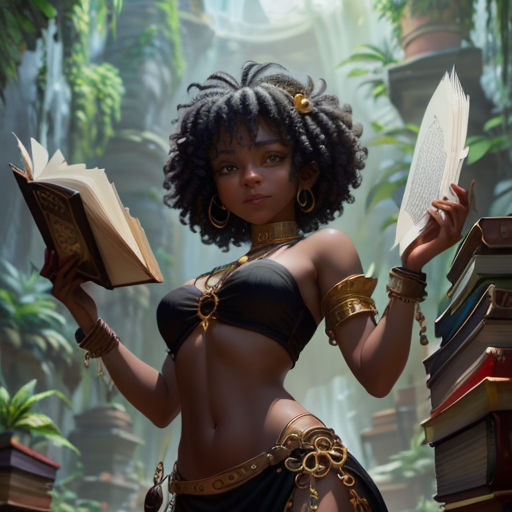
Meanwhile, Cleo, with her dreams of freedom, played a crucial role in the prophecy. Her resilient spirit would be the catalyst in the events to come.
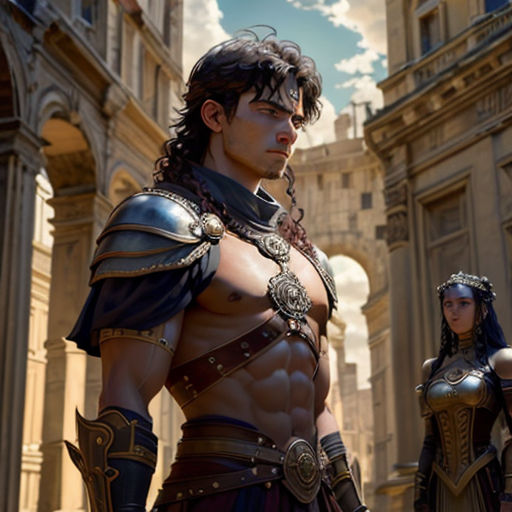
The prophecy, once believed to be a myth, began to stir the heart of Rome. The city was on the brink of monumental change, and our characters found themselves at the epicenter.
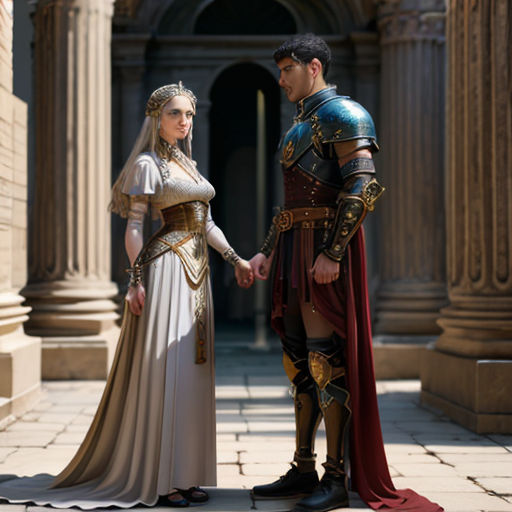
As the story progressed, alliances were formed, secrets were uncovered, and the prophecy's truth began to unravel. The destiny of Rome hung in the balance.

Amidst the political intrigue, Lucius found himself more than just a gladiator. He was a man on a mission, a man destined to shape the future of Rome.

Aurelia, torn between love and duty, had to make a choice. Her decision would not only affect her life but also the fate of Rome.
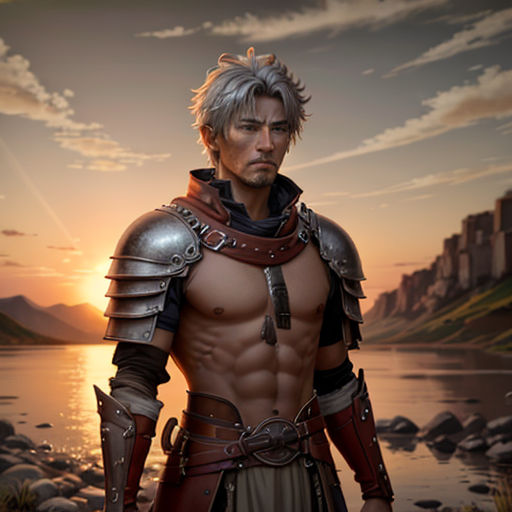
Gaius, the stoic centurion, found courage in the face of adversity. His journey was not just about fulfilling his duty but also about finding his humanity.

Cleo, the spirited slave, was not a mere spectator in the unfolding events. She was a crucial player, her spirit a testament to the resilience of Rome.
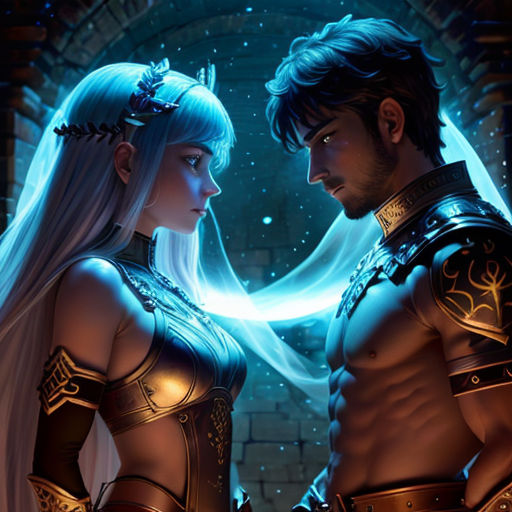
The prophecy was no longer a mystery. It was a beacon, guiding the characters towards their destiny. Rome's future was in their hands.

As the narrative reached its climax, the prophecy was fulfilled. Rome was forever changed, and so were our characters. Their lives were forever intertwined with the destiny of Rome.

In the aftermath, Lucius, Aurelia, Gaius, and Cleo stood tall amidst the echoes of Rome. They were not just witnesses to history but active participants shaping the destiny of an empire.

The echoes of Rome were not just the sounds of a bygone era. They were the voices of Lucius, Aurelia, Gaius, and Cleo, a testament to their courage, resilience, and the indomitable spirit of Rome itself.
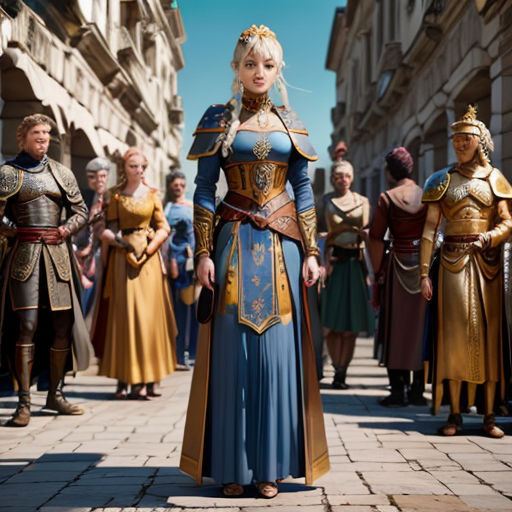
And so, the tale of ancient Rome was not just a story of emperors and battles. It was a story of ordinary individuals who, when faced with extraordinary circumstances, rose to the occasion and became a part of the legacy of Rome.
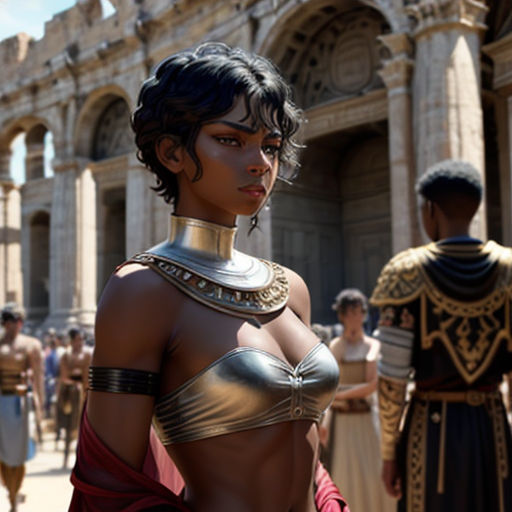
Their tale, like the echoes of Rome, would resonate through history, a testament to the power of human spirit and the indomitable will of a civilization that shaped the course of history.